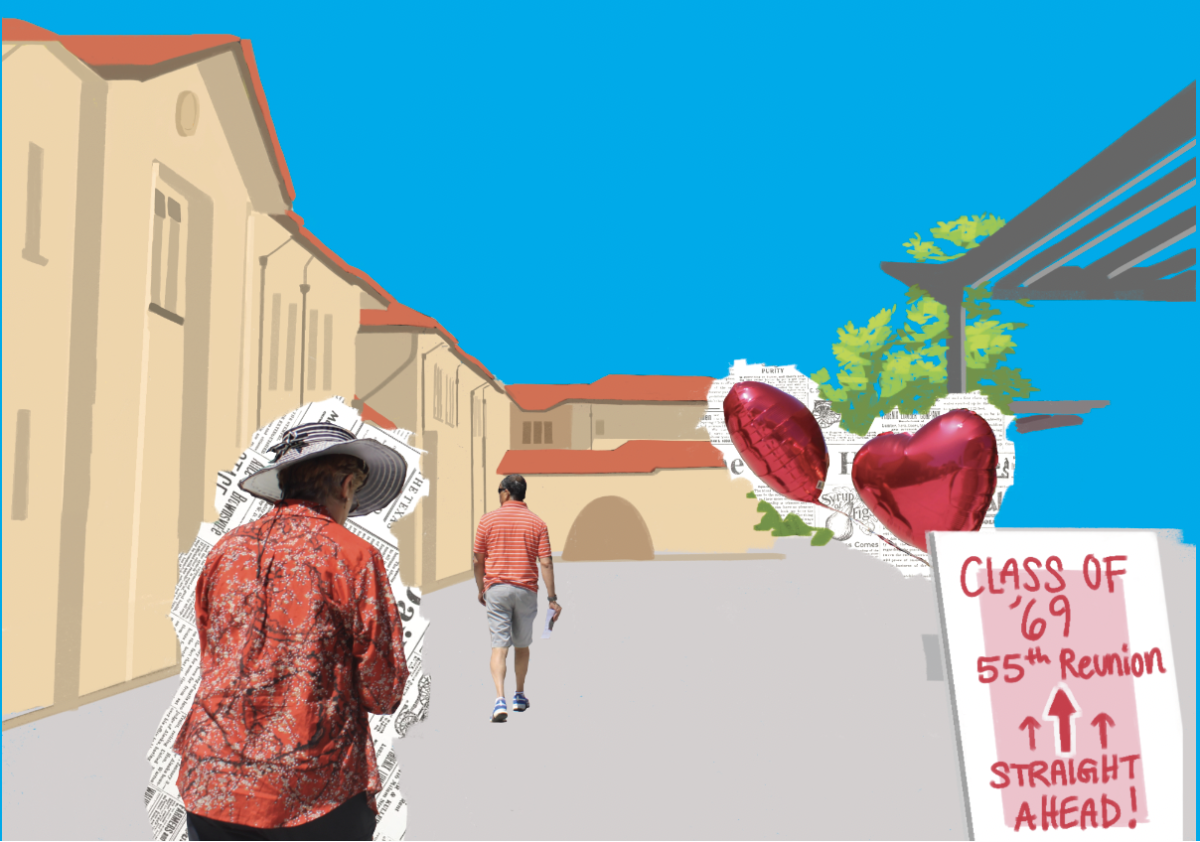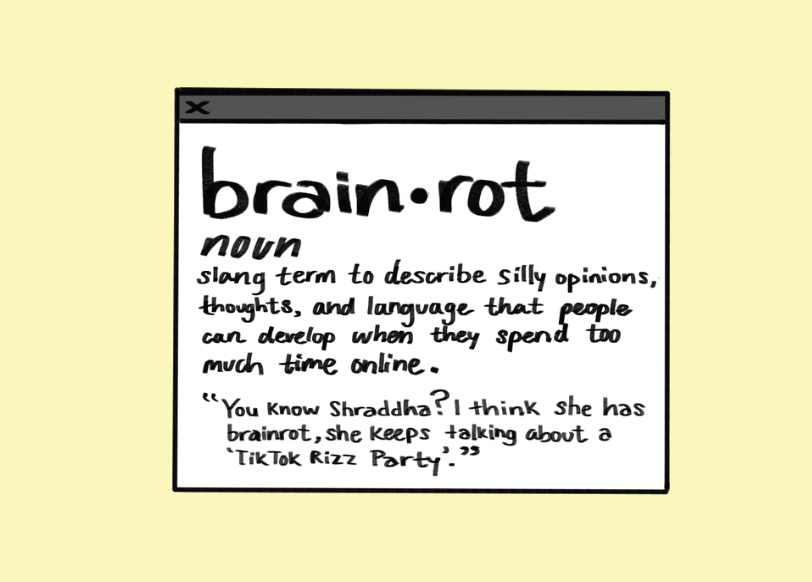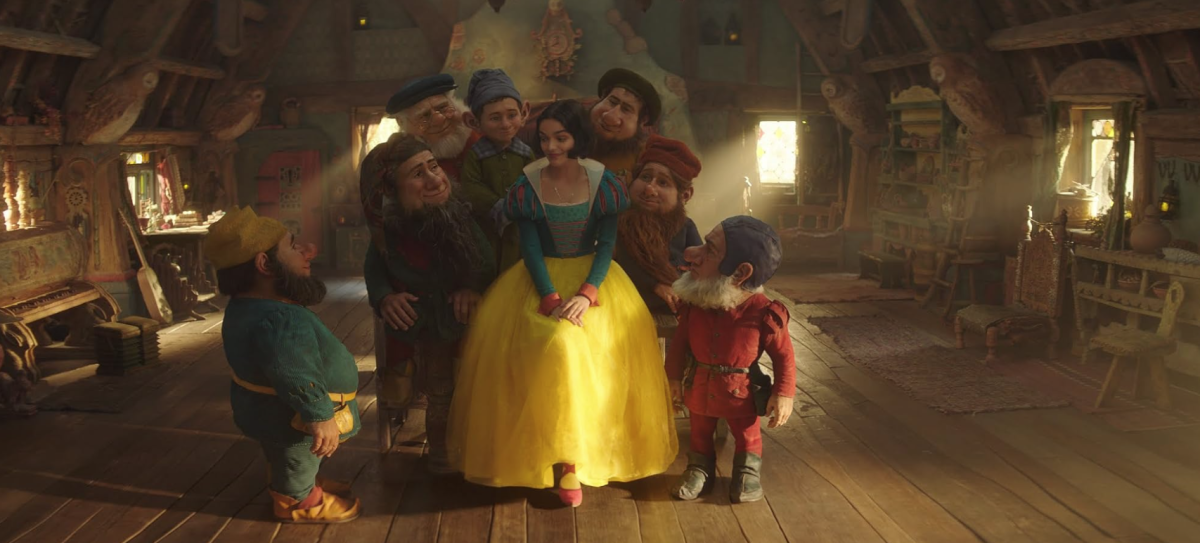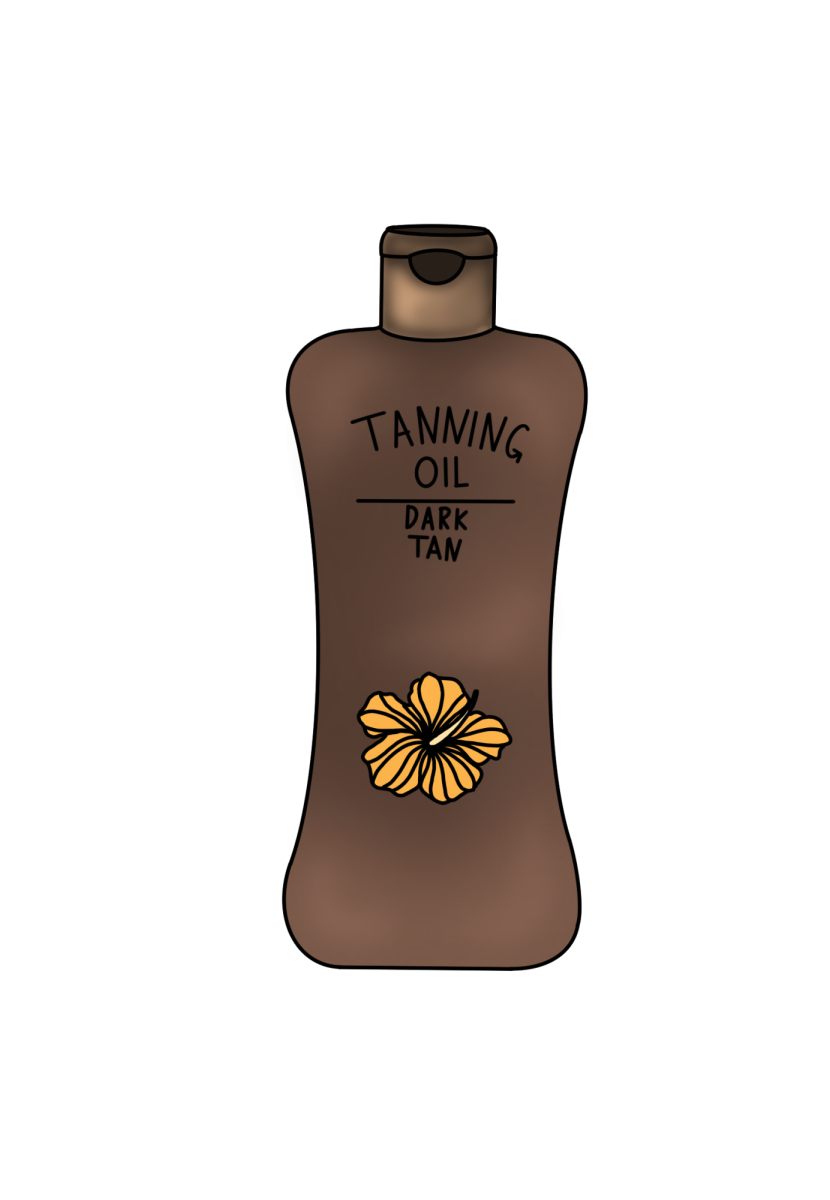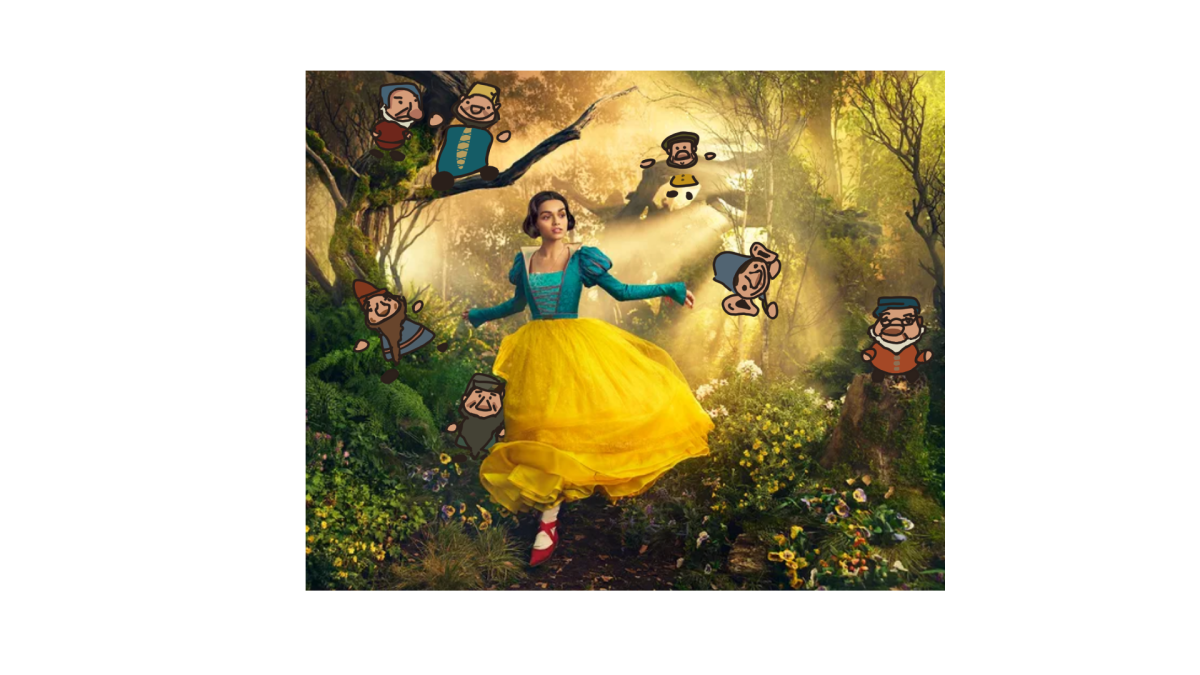The entertainment industry is constantly evolving, and diversity and inclusivity are currently at the forefront of this transformation. One of the strategies employed to achieve this goal, race swapping — the practice of casting actors from different racial backgrounds than the original character— has recently ignited discourse in the world of entertainment. While this approach aims to address historical underrepresentation, it is not free of controversies and debates.
A common criticism of such productions is that they prioritize forced diversity over realistic representation, asserting that the goal is to push a “woke” ideological agenda. Fans of stories that have been around for a long time also complain that media race swap ruins the authenticity of the story and the nostalgia around it. This was evident when the live-action remake of The Little Mermaid starred Halle Bailey, a Black actress, as Ariel, who was portrayed as white in the original animated version. However, in a story where the race of a character is not relevant to the plot, race swapping should not impede the enjoyment.
Admittedly, race swapping can be damaging when done in stories that have racial context; for example, in the realm of Disney, “The Princess and the Frog” shook the world because it was the first Disney movie that represented the Black community in the United States, holding a lot of cultural significance. If the role of Tiana, the main character, was given to a non-Black actor, that would understandably be problematic. However, the stories that receive the most fanatical backlash are the ones that do not have significant racial context.
With the case of “The Little Mermaid” in mind, race swapping has the potential to break away from long-standing stereotypes. By pushing the boundaries and reimagining the roles of actors of different races, it encourages fresh, innovative storytelling. Casts from various racial backgrounds allow storytellers to reflect the real-world complexity of society. This, in turn, upsets the status quo by pushing the media industry to better the world as it is, rather than perpetuating a limited and often biased perspective. Furthermore, storytellers can subvert long-held stereotypes about certain racial or ethnic groups, portraying characters in ways that defy preconceived notions and biases. This not only diversifies the narrative but also encourages audiences to reconsider their own biases and perceptions.
The discourse surrounding race swapping in media reflects a multifaceted conversation. While there are valid concerns about authenticity, cultural sensitivity and potential stereotypes, many see it as an opportunity to address long-standing representation issues, challenge stereotypes and progress with the times. Ultimately, how race-swapping is perceived and practiced in the entertainment industry will continue to be a dynamic and evolving conversation, reflective of our society’s ongoing journey towards a more inclusive world of storytelling.



